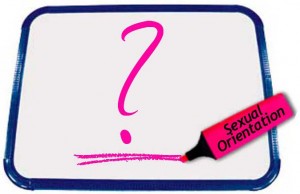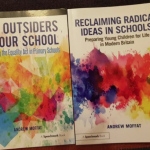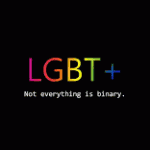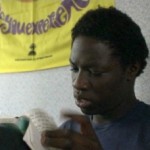From students and staff
 Use of the word ‘gay’ to describe a person, event or object they don’t like or is in their minds dysfunctional, is homophobic, it can fuel prejudice and needs challenging. When we don’t challenge it, we usualise (see Keywords) homophobia and send an unspoken message that condones such language.
Use of the word ‘gay’ to describe a person, event or object they don’t like or is in their minds dysfunctional, is homophobic, it can fuel prejudice and needs challenging. When we don’t challenge it, we usualise (see Keywords) homophobia and send an unspoken message that condones such language.
Timing is crucial here. Where at all possible, stop the lesson, (or if overheard in a corridor and you feel confident to) challenge the pupil (audibly so other students can hear) and make it clear that it is not acceptable. Making time to examine the language (even if it means lesson time is lost) sends clear messages to everyone – not just the pupil who made the remark. Remember, your classroom is a place for learning, and even if this diverts your teaching off topic, the pupils are still learning.
Ask questions like:
“And what do you mean by that?”
“Why do you think that that language is wrong?”
“What do you mean by ‘gay’?”
“Would you use ‘black’ or ‘Muslim’ in the same way?” (e.g. “that’s so black/Muslim” etc)
“Using language in that way which implies that there is something wrong with being gay.”
“What you just said is homophobic. Why do you feel that it is acceptable?”
“That’s not acceptable. You know we will not tolerate homophobia any more than we would racism or sexism.”
or use humour:
“You said that this homework is ‘gay’. Do you mean that this homework is attracted to other similar pieces of homework? I don’t understand. Please explain.”
or “no wonder that bag looks like rubbish. Have you seen those signs, God Hates Bags?”
For further ideas see






